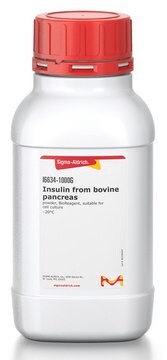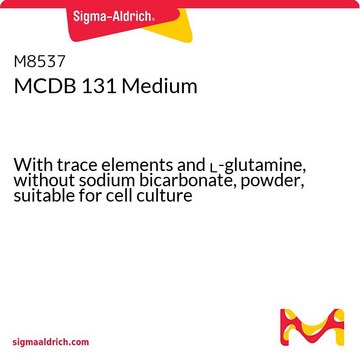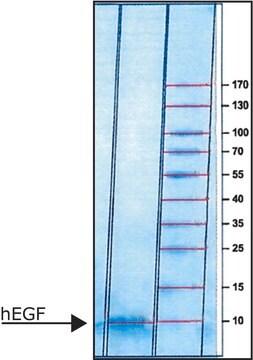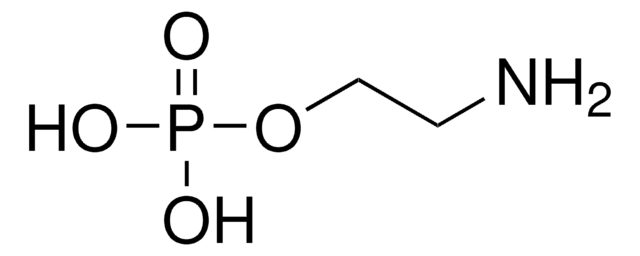M7403
MCDB 153 Medium
With trace elements, L-glutamine and 28mM HEPES, without sodium bicarbonate, powder, suitable for cell culture
Synonyme(s) :
Molecular, Cellular, and Development Biology 153 medium
About This Item
Produits recommandés
Niveau de qualité
Forme
powder
Technique(s)
cell culture | mammalian: suitable
Composants
NaHCO3: no
L-glutamine: 0.8772 g/L
glucose: 1.081 g/L (Dextro)
sodium pyruvate: 0.055 g/L
phenol red: 0.001242 g/L
HEPES: 6.6 g/L (25mM)
Conditions d'expédition
ambient
Température de stockage
2-8°C
Description générale
Application
Quantité
Reconstitution
Souvent commandé avec ce produit
Code de la classe de stockage
11 - Combustible Solids
Classe de danger pour l'eau (WGK)
WGK 1
Point d'éclair (°F)
Not applicable
Point d'éclair (°C)
Not applicable
Certificats d'analyse (COA)
Recherchez un Certificats d'analyse (COA) en saisissant le numéro de lot du produit. Les numéros de lot figurent sur l'étiquette du produit après les mots "Lot" ou "Batch".
Déjà en possession de ce produit ?
Retrouvez la documentation relative aux produits que vous avez récemment achetés dans la Bibliothèque de documents.
Les clients ont également consulté
Notre équipe de scientifiques dispose d'une expérience dans tous les secteurs de la recherche, notamment en sciences de la vie, science des matériaux, synthèse chimique, chromatographie, analyse et dans de nombreux autres domaines..
Contacter notre Service technique





